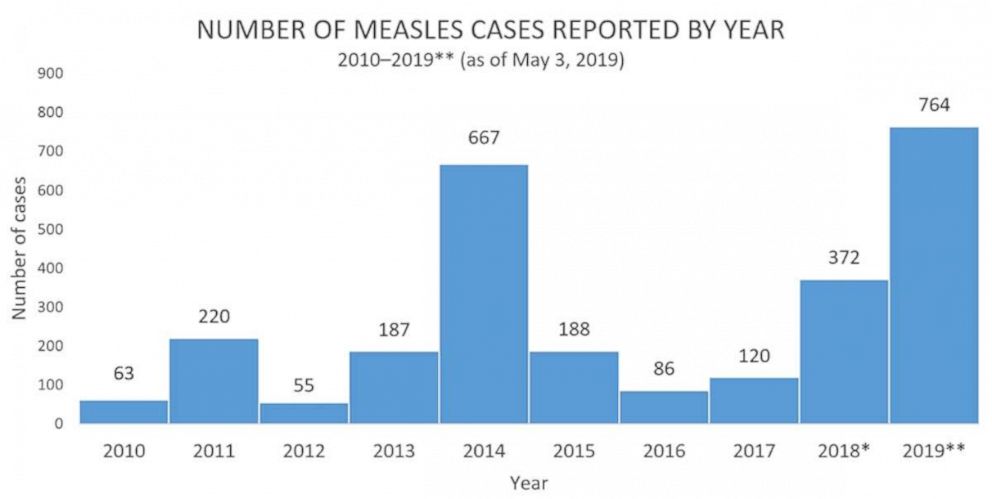Impact Of Child And Family Services Intervention On First Nations Families In Manitoba (1998-2019)

Table of Contents
Historical Context of Child Welfare in Manitoba and its Impact on First Nations Communities (1998-2019)
Understanding the impact of Child and Family Services Intervention on First Nations Families requires acknowledging the devastating legacy of colonial policies. Generations of trauma stemming from residential schools, coupled with systemic racism and discrimination within the child welfare system, have created a cycle of disadvantage impacting Indigenous families profoundly. This historical context significantly shaped the landscape of child welfare during the period under review (1998-2019).
Key legislation and policies during this time, while aiming for improvements, often fell short of addressing the systemic issues. The overrepresentation of First Nations children in care remained a stark reality, highlighting the urgent need for reform.
- The legacy of residential schools and its intergenerational trauma: The lasting effects of forced assimilation and cultural disruption continue to impact family structures and parenting practices.
- The impact of systemic racism and discrimination within child welfare systems: Bias in assessments, disproportionate apprehension rates, and inadequate culturally sensitive services contributed to the crisis.
- Significant legal cases and inquiries impacting child welfare practices: Cases like Delgamuukw v. British Columbia and various inquiries highlighted systemic failings and spurred calls for reform, although implementation remained uneven.
Types of Child and Family Services Interventions Implemented
During 1998-2019, various Child and Family Services interventions were implemented in Manitoba, including:
- Family preservation programs: These aimed to support families in remaining together by providing in-home services. However, effectiveness varied significantly, depending on cultural sensitivity and the resources available.
- Foster care: While intended as a temporary measure, many First Nations children experienced prolonged stays in foster care, often separated from their communities and culture.
- Adoption: Adoption practices sometimes failed to prioritize kinship care placements, further disrupting family connections and cultural transmission.
- Kinship care: This option, where children are placed with extended family members, held promise, but often lacked adequate support and resources.
The success of each intervention was highly dependent on cultural sensitivity and the ability to adapt to the unique needs of First Nations families. Many programs struggled to effectively address intergenerational trauma, poverty, and the systemic barriers faced by these communities.
Analyzing the Outcomes of Child and Family Services Interventions on First Nations Families
Analyzing the long-term outcomes of Child and Family Services interventions on First Nations families reveals a complex picture with both positive and negative aspects. While some interventions facilitated family reunification, many resulted in lasting negative consequences.
- Statistical data on family reunification, foster care placements, and adoption rates: Data during this period show persistently high rates of apprehension and prolonged stays in care for First Nations children.
- Long-term effects on the educational achievements and economic well-being of affected children: Children who experienced periods in care often faced challenges in education and employment due to disruptions in their lives and lack of ongoing support.
- Impact on the mental and emotional well-being of children and parents: The separation of children from their families and communities resulted in high rates of mental health issues for both children and parents.
Recommendations for Improving Child and Family Services for First Nations Families in Manitoba
Addressing the crisis requires a fundamental shift in the approach to Child and Family Services intervention. Recommendations include:
- Policy changes at the provincial and federal levels: Legislation must prioritize Indigenous self-determination and culturally appropriate practices.
- Improving training and professional development for child welfare workers: Training should include intensive education on Indigenous culture, history, and trauma-informed care.
- Strengthening family support services and community-based programs: Investment in culturally relevant programs that address the root causes of family breakdown is crucial.
- The importance of Indigenous-led initiatives in child welfare: Empowering Indigenous communities to design and deliver their own child welfare services is paramount.
Conclusion: The Future of Child and Family Services Intervention for First Nations Families in Manitoba
The impact of Child and Family Services intervention on First Nations families in Manitoba (1998-2019) reveals a system fraught with historical injustices and systemic failures. While some positive changes occurred, the overrepresentation of Indigenous children in care remains a critical issue. Culturally appropriate and community-based approaches, guided by Indigenous leadership, are essential for creating a child welfare system that truly protects and supports First Nations children and families. Continued research, policy reform, and collaborative efforts are vital to achieving better outcomes. We urge readers to learn more about the ongoing issues related to Child and Family Services Intervention on First Nations Families in Manitoba and to become active advocates for positive change by supporting organizations and participating in relevant discussions.

Featured Posts
-
 Solicita Tu Reembolso Festival Axe Ceremonia 2025 Cancelado En Ticketmaster
May 30, 2025
Solicita Tu Reembolso Festival Axe Ceremonia 2025 Cancelado En Ticketmaster
May 30, 2025 -
 Slight Increase In Us Measles Cases Total Now At 1 046
May 30, 2025
Slight Increase In Us Measles Cases Total Now At 1 046
May 30, 2025 -
 Novak Djokovics Player Union A Legal Battle Against Governing Bodies
May 30, 2025
Novak Djokovics Player Union A Legal Battle Against Governing Bodies
May 30, 2025 -
 Justica Para Bruno Fernandes A Luta Por Verdade E Recompensa
May 30, 2025
Justica Para Bruno Fernandes A Luta Por Verdade E Recompensa
May 30, 2025 -
 Guillermo Del Toro Sangre Del Toro Documentary Premieres At Cannes
May 30, 2025
Guillermo Del Toro Sangre Del Toro Documentary Premieres At Cannes
May 30, 2025
Latest Posts
-
 Accessibility And Affordability The Impact Of Otc Birth Control Post Roe V Wade
May 31, 2025
Accessibility And Affordability The Impact Of Otc Birth Control Post Roe V Wade
May 31, 2025 -
 Welcome In The Two Word Greeting Driving Retail Success And Frustration
May 31, 2025
Welcome In The Two Word Greeting Driving Retail Success And Frustration
May 31, 2025 -
 Closer Eu Trade Boe Governors Prescription For Brexit Economic Woes
May 31, 2025
Closer Eu Trade Boe Governors Prescription For Brexit Economic Woes
May 31, 2025 -
 The Future Of Family Planning Examining Otc Birth Control In A Post Roe World
May 31, 2025
The Future Of Family Planning Examining Otc Birth Control In A Post Roe World
May 31, 2025 -
 Governor Baileys Plea Deeper Eu Trade Essential To Undo Brexit Harm
May 31, 2025
Governor Baileys Plea Deeper Eu Trade Essential To Undo Brexit Harm
May 31, 2025
